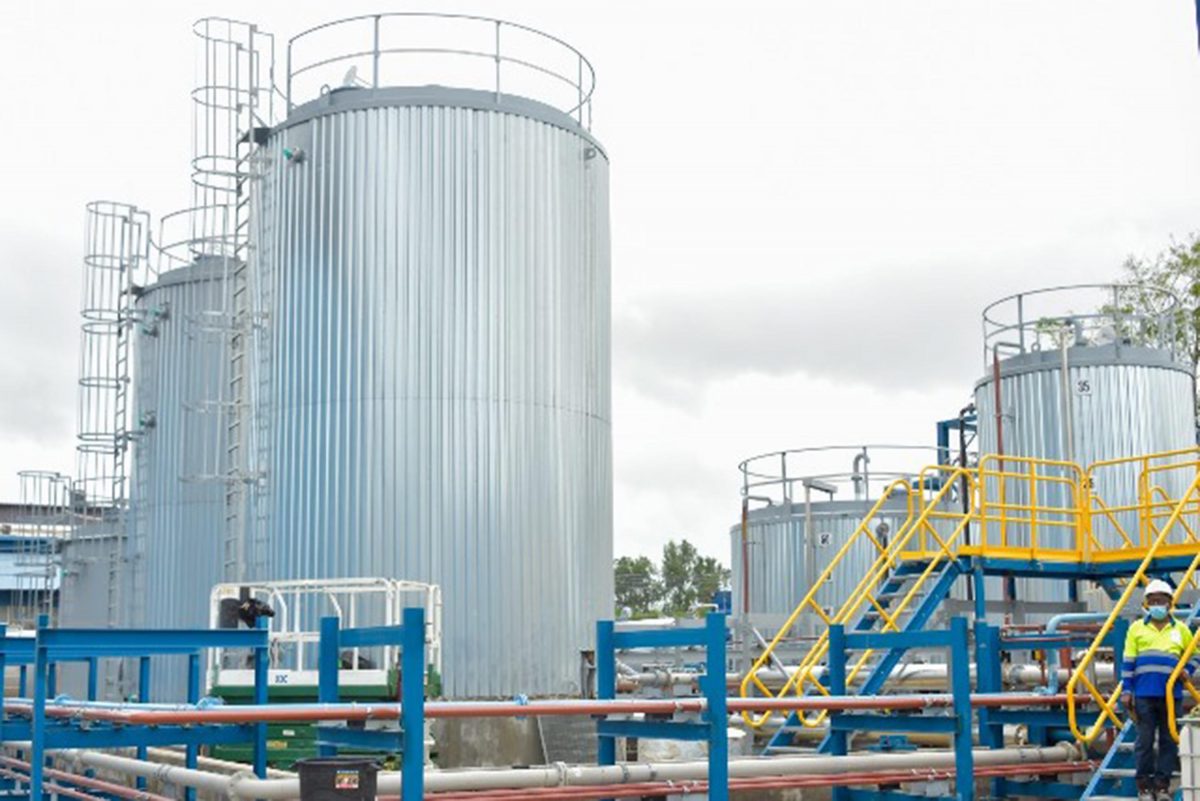Caribbean Development Bank (CDB) President Dr. Gene Leon has said what the people of the region have been saying for years…that they are paying far too high a price for electricity.
At a recent Energy Forum in the Turks and Caicos Islands the CDB President said that the cost of electricity in the Carib-bean was approximately US$0.28 per kilowatt in 2019, placing it among the highest in the world.
What the CDB President has said will resonate particularly in some countries in the region, notably Guyana, where, high electricity costs apart, the country has been plagued for decades with woefully unreliable electricity supply, a circumstance which has, despite various external interventions, significantly altered the lives of ordinary consumers to say nothing of its impact on the country’s wider economy, particularly the manufacturing sector.
Consumer electricity costs in Guyana have continued to rise on the back of forced additional consumer spending on power sources outside of the national electricity grid arising out of unreliable supply from the national grid.
The CDB President’s comments come at a time when other countries in the region, notably Barbados, are reportedly voicing concerns over high electricity rates. In the instance of Barbados there are reports of fears being expressed regarding likely electricity rate hikes following an application by the Barba-dos Light and Power Com-pany Ltd. application to the island’s Fair Trading Com-mission (FTC) for a rate increase.
The CDB President reportedly told the Turks and Caicos forum that “the high cost of electricity generation has a negative impact on the region’s economic and social development as it increases import bills, worsens terms of trade, erodes competitiveness, and stymies investment by the business community.”
Guyana, particularly, can relate to what Dr. Leon has had to say about the socio-economic impact of high electricity rates. The high cost of electricity has severely retarded the growth of the major manufacturing and agro processing enterprises and has even resulted in the complete collapse of businesses in those sectors. Government, meanwhile, has failed to remedy the non-fuel challenges associated with the underperformance of the country’s electricity generation system.
In his presentation the CDB President said that while alternative forms of energy including solar, wind and ocean resources exist in abundant supply in the Caribbean it remains one of the most energy import-dependent regions in the world. The Bank’s nineteen Borrowing Mem-ber Countries (BMC’s) secure more than 90% of their commercial energy supplies from imported petroleum, a report in the Barbados Nation says.
In outlining a strategy for the region to make the transition to sustainable energy a reality Dr. Leon, the Barbados Nation says, cited improving energy efficiency, diversifying energy sources, incentivizing the private sector, investing in strategic partnerships, and using innovative, flexible, and affordable financing instruments.
An air of uncertainty appears to hover over Guyana’s eventual longer-term plan for electricity generation though a study commissioned by the Government of Norway has adjudged the country’s hydropower project to be the best longer-term option. Local energy analysts says, however, that, with the advent of an oil and gas sector, the Irfaan Ali-led government might well favour a gas-to-shore option to satisfy local electricity needs.






